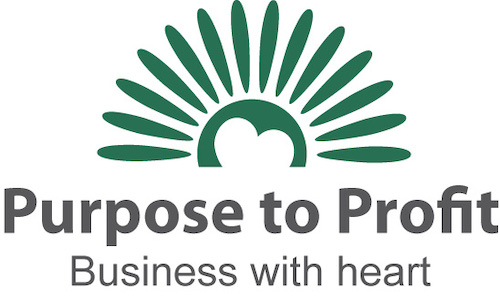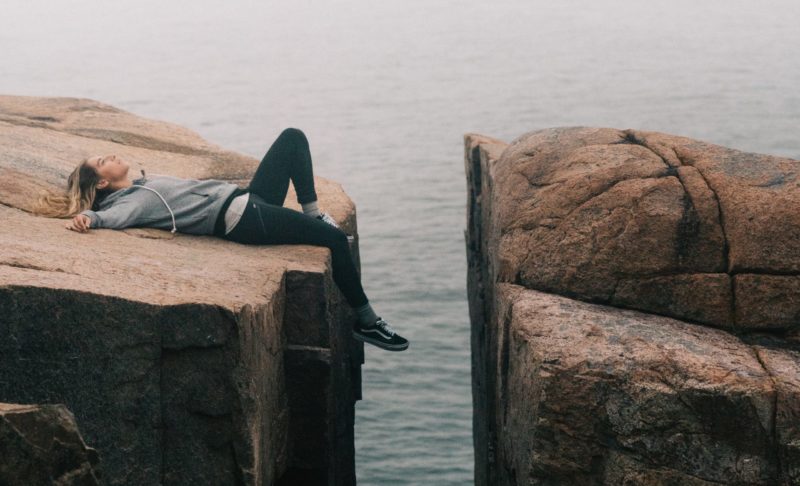Women tend to become incensed when we talk about the different opportunities men have compared with women.
Most men I talk with – good men – don’t see a problem with the status quo.
In his famous commencement speech, ‘This is Water’, David Foster Wallace gave the analogy of fish not knowing they were in water because it was all they’d ever known. What’s around us each and every day becomes the norm.
What’s around us is water and there are so many other possibilities.
To find our way forward, we need to do our best to understand the problem even if we can’t define it, then take the next step in the direction of positive change. So what are the research results and why do those results matter to all of us?
153 countries including Australia are measured annually by the World Economic Forum (of Davos fame) to assess how equitable each participating country is in terms of access to key resources that influence quality of life.
Economic Participation and Opportunity, Educational Attainment, Health and Survival and Political Empowerment are measured for men and women across the 153 participating countries with results published in The Global Gender Gap Report for that year.
Since 2006, the first year the report was published, Australia has gone from 15th place out of 115 countries to 44th out of 153 countries. Pretty impressive, huh! We’ve gone backwards relative to other countries, certainly, with Nicaragua, Moldova, Estonia and Slovenia slipping in ahead of us (5, 23, 26, 36 respectively). We’ve also gone backwards on 2 of the 4 key measures.
Our cousin across the pond, New Zealand, holds Number 6 position and is improving. Just saying … !
The two key measures where we’re decreasing equitable access are ‘Economic Participation and Opportunity’ and ‘Political Empowerment’.
Economic participation & Opportunity relates to several factors: women being persistently less present in the labour market; the gap widening with seniority (called the broken pipeline); women in similar positions as men (seniority and skill level) are paid significantly less.
Reduced income for women, together with longer life expectancy and increased custodial responsibility for children heighten the likelihood that women will face economic disadvantage.
We’re a fair country, so let me ask you this. Does this seem fair? No wonder younger generations feel they have to choose between financial security and having a family.
The other area of disadvantage is Political Empowerment. Women in Australia have less than 25% of the political opportunities men do.
Why is that critical? Because women in politics are proven to introduce more human policies that care for the community. That means better and fairer policies for all of us in the community.
I know this feels uncomfortable. I know it may feel like blame. That’s not my intention. It is, however, the responsibility of all of us to change this. All it takes for evil to exist … and all that.
For you wonderful men in our community, thank you for translating your awareness to consideration and action.
And for you fabulous women, please know I’m not making this a women’s problem. It’s an opportunity for us to take on the system in a more constructive, resourceful and resilient way, being strong and clear, unhappy with the system, not with the good men, many of whom are feminists.
Everything starts with valuing ourselves. Then we can persistently ask for fair financial reward for our work and for conditions that allow us equal access to financial and political resources.
As human beings, we need to work together to find a balance where we each can bring our strengths for the greater good of everyone. In that way, we can create the future we’re imagining for International Women’s Day.


